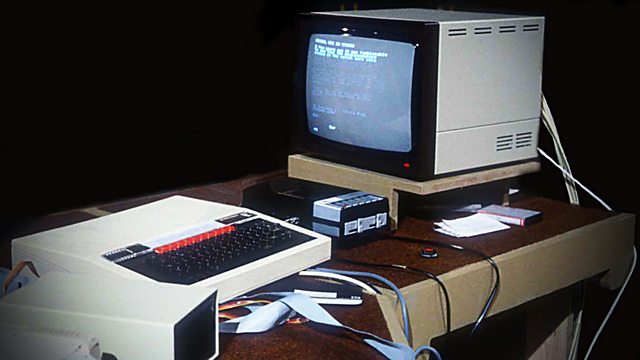Omnibus: 1940s to 1970s
Hannah Fry looks back at the UK's rich history of computing innovation, starting with the creation of computer memory.
From the mobile phone to the office computer, mathematician Hannah Fry looks back at 70 years of computing history, to reveal the UK's lead role in developing the technology we use today. This omnibus edition is taken from a series first broadcast in 2015.
She travels back to the 1940s, to hear about the creation of the computer memory. Meanwhile, tabloid headlines proclaimed that engineers were building 'electronic brains' that could match, and maybe surpass, the human brain, starting a debate about artificial intelligence that resonates today.
Next - the unlikely story of how a chain of British teashops produced the first office computer in the world called LEO - the Lyons Electronic Office. Their office computer was based on the giant calculating machines being built inside UK universities to solve mathematical equations. But could they handle the demands of catering?
1956 saw the creation of the first celebrity computer, ERNIE - the Electronic Random Number Indicator Equipment. Built by the team who constructed Colossus, the code-breaking engine housed at Bletchley Park, ERNIE generated random numbers used to pick premium bond winners.
From the earliest days of electronic computers, commentators feared that mass unemployment would result from the computers in the workplace. These concerns would resurface over the decades, but came to a head towards the end of the 1970s with the arrival of cheap microprocessors.
Featuring archive from The Science Museum, British Library, LEO Society and NS&I.
Presenter: Hannah Fry
Producer: Michelle Martin.
Last on
More episodes
Previous
Broadcast
- Fri 10 Mar 2017 21:00±«Óãtv Radio 4
Podcast
-
![]()
Computing Britain
Hannah Fry reveals the UK's lead role in developing computer technologies we rely on today


